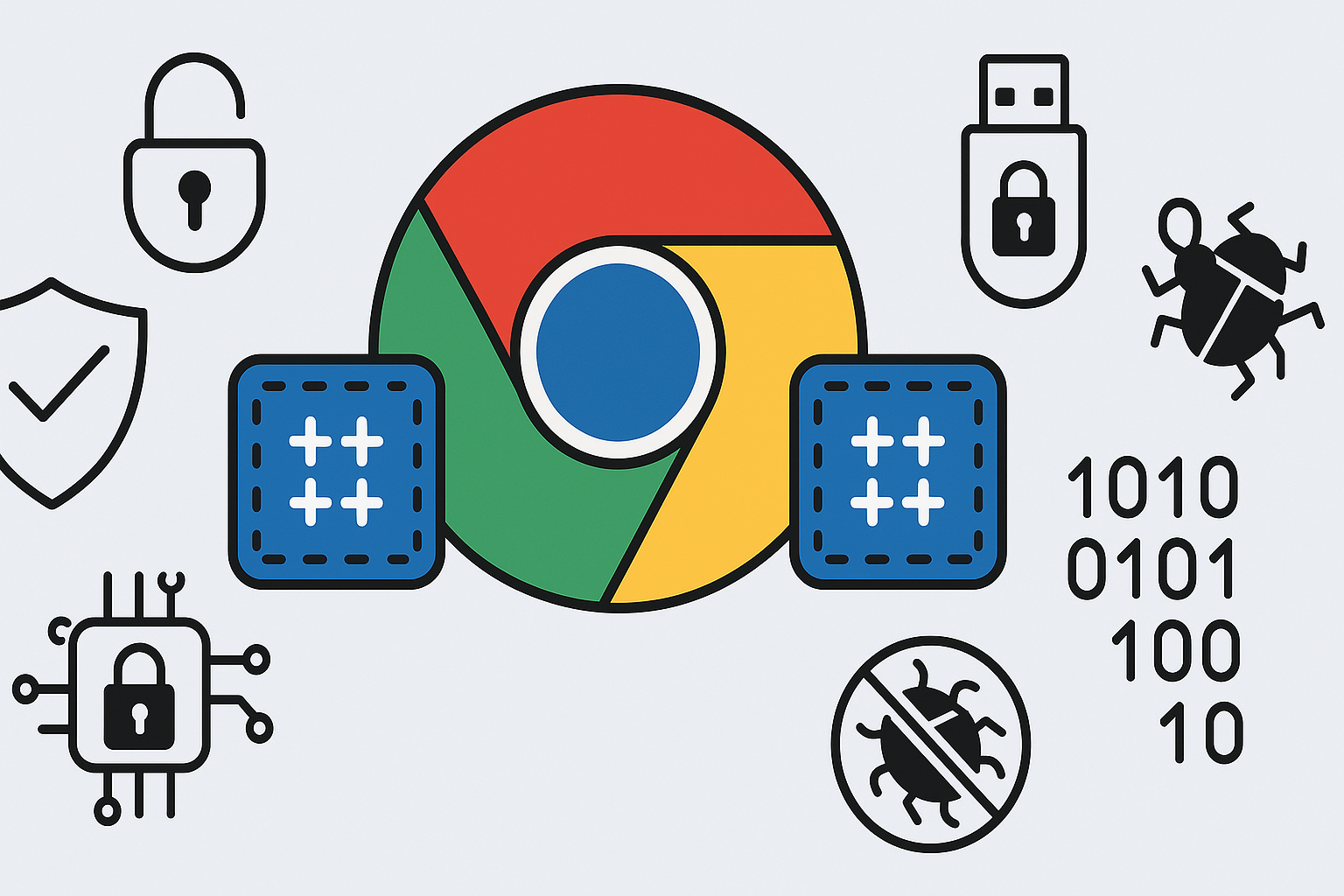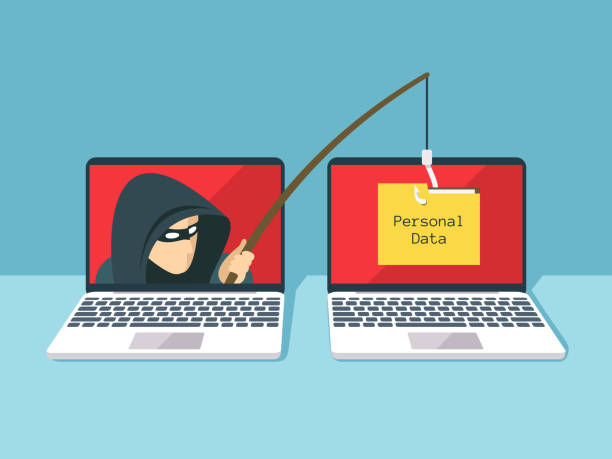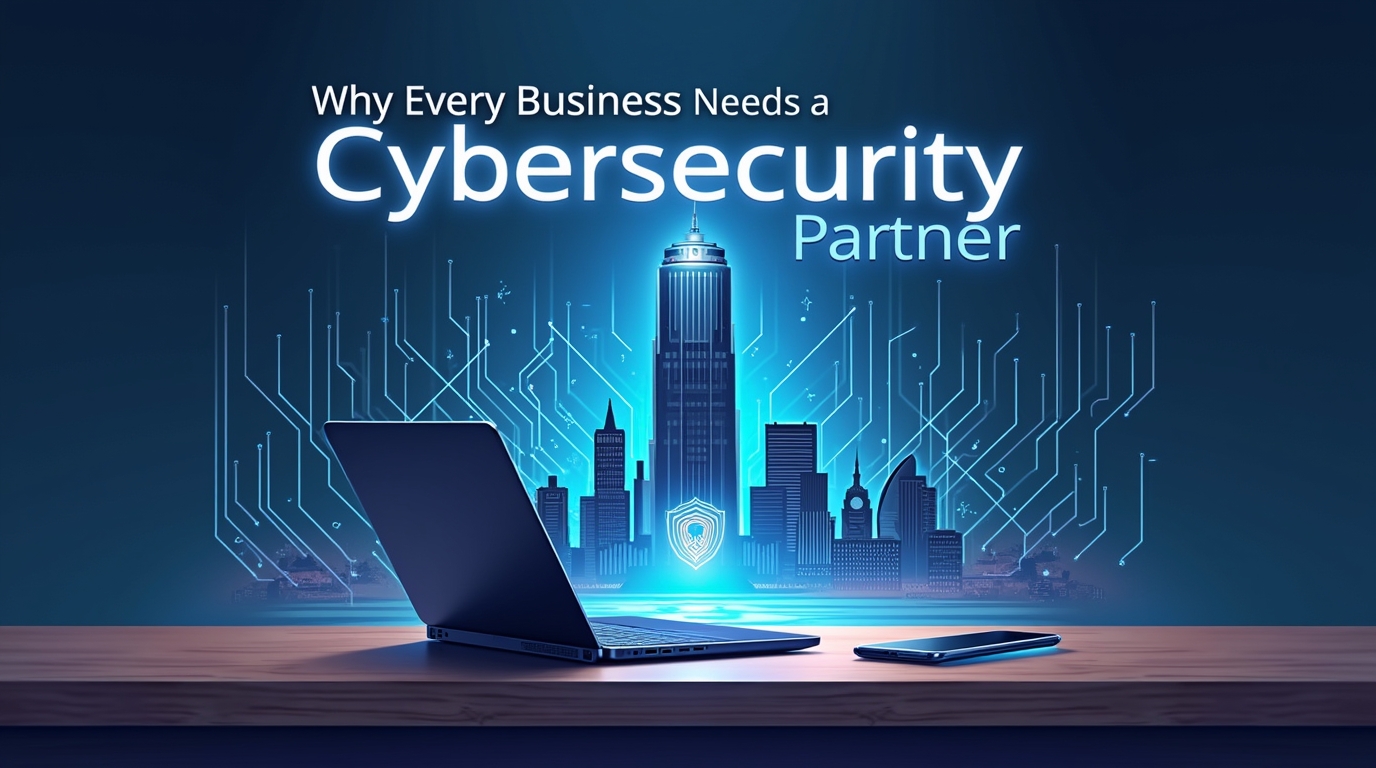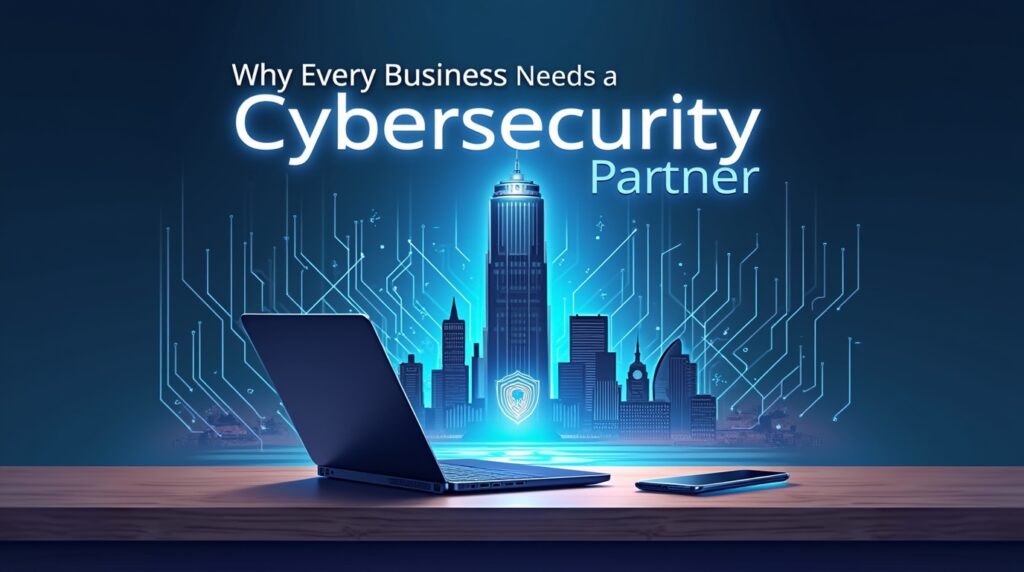
In today’s hyper-connected world, cybersecurity is no longer a luxury or a reactive measure, it’s a strategic necessity. With cyber threats evolving faster than ever, businesses of all sizes are potential targets. From phishing attacks to sophisticated ransomware campaigns, the digital threat landscape has become increasingly complex. This reality makes one thing clear: every business needs a cybersecurity partner, not just a security product.
The Changing Face of Cyber Threats
Gone are the days when cybersecurity was limited to antivirus software and basic firewalls. Modern attacks exploit human behavior, unpatched systems, misconfigured cloud services, and even third-party suppliers. According to IBM’s 2024 Cost of a Data Breach Report, the average cost of a breach now exceeds $4.5 million USD, and over 60% of small businesses close within six months of a successful cyberattack.
Cyber threats are not just technical issues, they are business risks.
What Is a Cybersecurity Partner?
A cybersecurity partner is a specialized firm or consultant that works alongside your business to proactively secure digital assets, manage vulnerabilities, monitor threats, and develop a robust incident response strategy. Unlike transactional service providers, a true cybersecurity partner acts as an extension of your team, integrating security into every layer of your business operations.
They offer services like:
-
Threat intelligence and proactive monitoring
-
Penetration testing and vulnerability assessments
-
Security awareness training for employees
-
Policy creation aligned with compliance standards (ISO 27001, NIST, GDPR, etc.)
-
Incident response planning and digital forensics
-
Secure software development practices
7 Reasons Every Business Needs a Cybersecurity Partner
1. Expertise You Can’t Afford In-House
Building an internal cybersecurity team with deep expertise in offensive and defensive techniques is expensive and difficult to scale. Cybersecurity partners provide access to diverse, certified experts, including ethical hackers, SOC analysts, and compliance specialists, without the overhead.
2. Real-Time Threat Detection and Response
Most businesses lack 24/7 threat monitoring capabilities. Cybersecurity partners leverage Security Operations Centers (SOCs), SIEMs, and EDR tools to detect threats in real time, stopping breaches before they escalate.
3. Strategic Risk Management
Cybersecurity is not just IT’s responsibility, it’s a board-level issue. A cybersecurity partner helps translate technical risk into business impact, enabling data-driven security decisions that align with your goals.
4. Regulatory Compliance Made Simple
From GDPR and HIPAA to PCI-DSS and SOX, regulatory demands are growing. Non-compliance isn’t just a fine, it’s a trust destroyer. Cybersecurity partners ensure your policies, infrastructure, and reporting meet legal and industry standards.
5. Incident Response Readiness
What happens when, not if, your business is attacked? A cybersecurity partner provides incident response playbooks, digital forensics capabilities, and rapid containment procedures to minimize damage and legal exposure.
6. Employee Training and Security Culture
Humans are often the weakest link. Cybersecurity partners offer phishing simulations, password hygiene training, and social engineering awareness to turn employees into your first line of defense.
7. Focus on Core Business Goals
With a trusted partner handling your security stack, your internal teams can focus on innovation, growth, and customer satisfaction, knowing your digital ecosystem is protected.
Small Businesses Are No Exception
It’s a dangerous myth that only large corporations are targeted. In fact, over 43% of cyberattacks target small and medium enterprises (SMEs), often due to weaker security postures. Without a cybersecurity partner, SMEs risk becoming low-hanging fruit for attackers using automated tools and dark web data.
Choosing the Right Cybersecurity Partner
When evaluating potential partners, look for:
-
Proven track record and client references
-
Certifications such as CISSP, CEH, OSCP, or CISM
-
Tailored, not templated, solutions
-
A proactive approach to threat intelligence
-
Transparent communication and reporting
The ideal partner should align with your industry, risk appetite, and technological stack, and grow with your business.
Final Thoughts: Cybersecurity Is a Journey, Not a Destination
Cybersecurity isn’t a product or a one-time fix — it’s an evolving process that requires expert guidance, continuous adaptation, and strategic foresight. In the digital economy, your cybersecurity partner is not just a vendor; they’re a business enabler who protects your revenue, reputation, and resilience.
Now more than ever, the question isn’t “can we afford a cybersecurity partner?” — it’s “can we afford not to have one?”
Stay secure, stay patched.
QState Cyber Security Team
